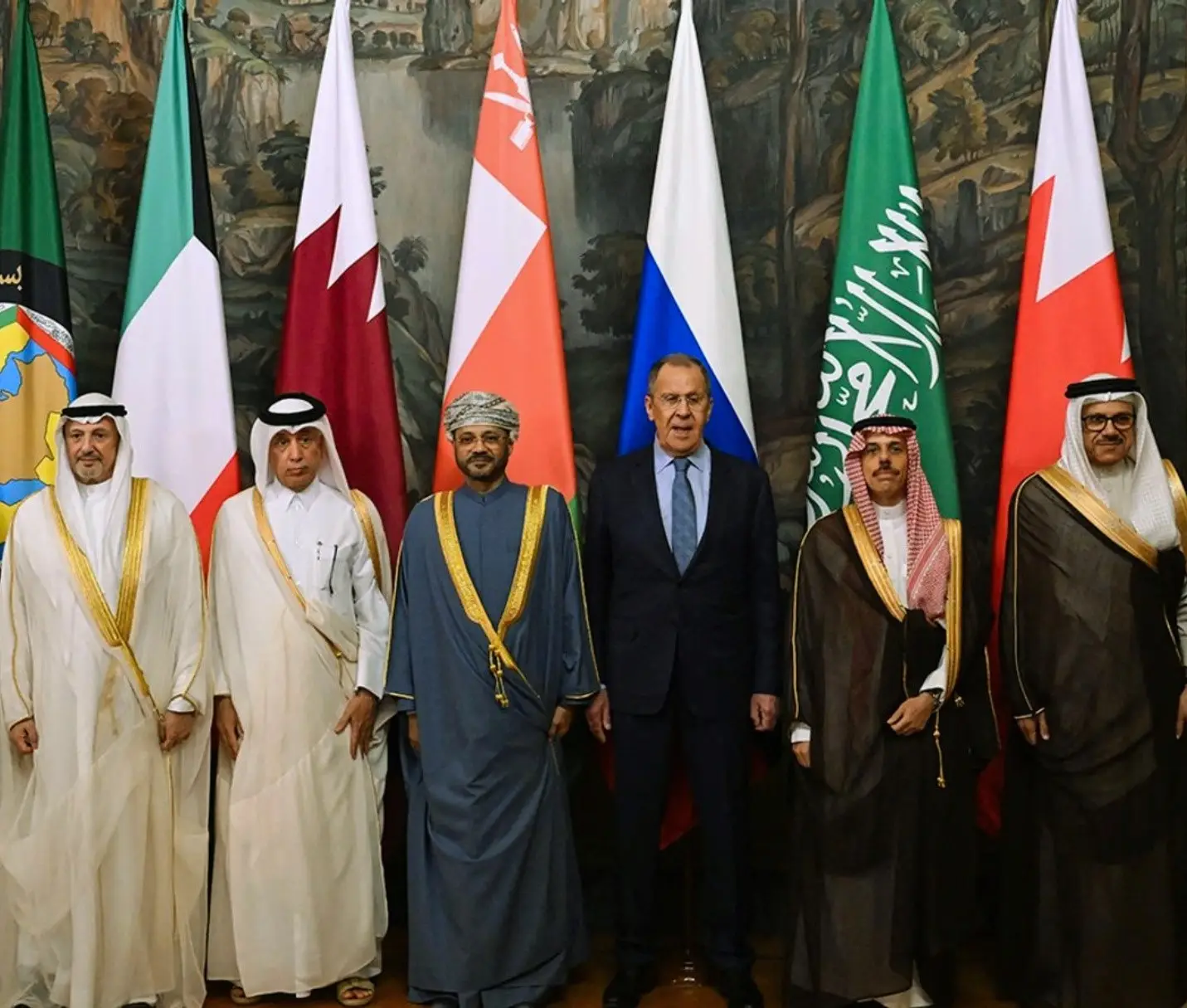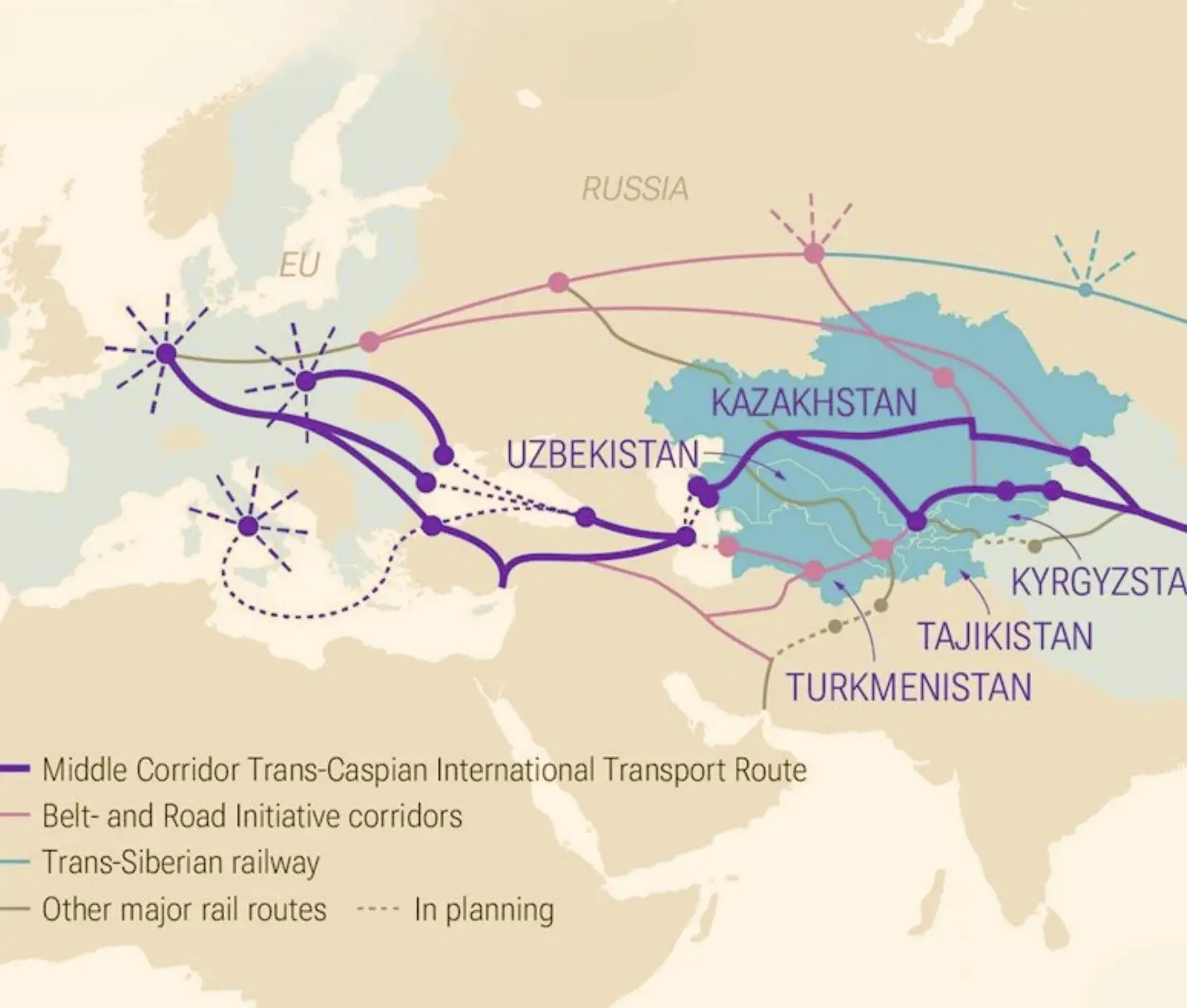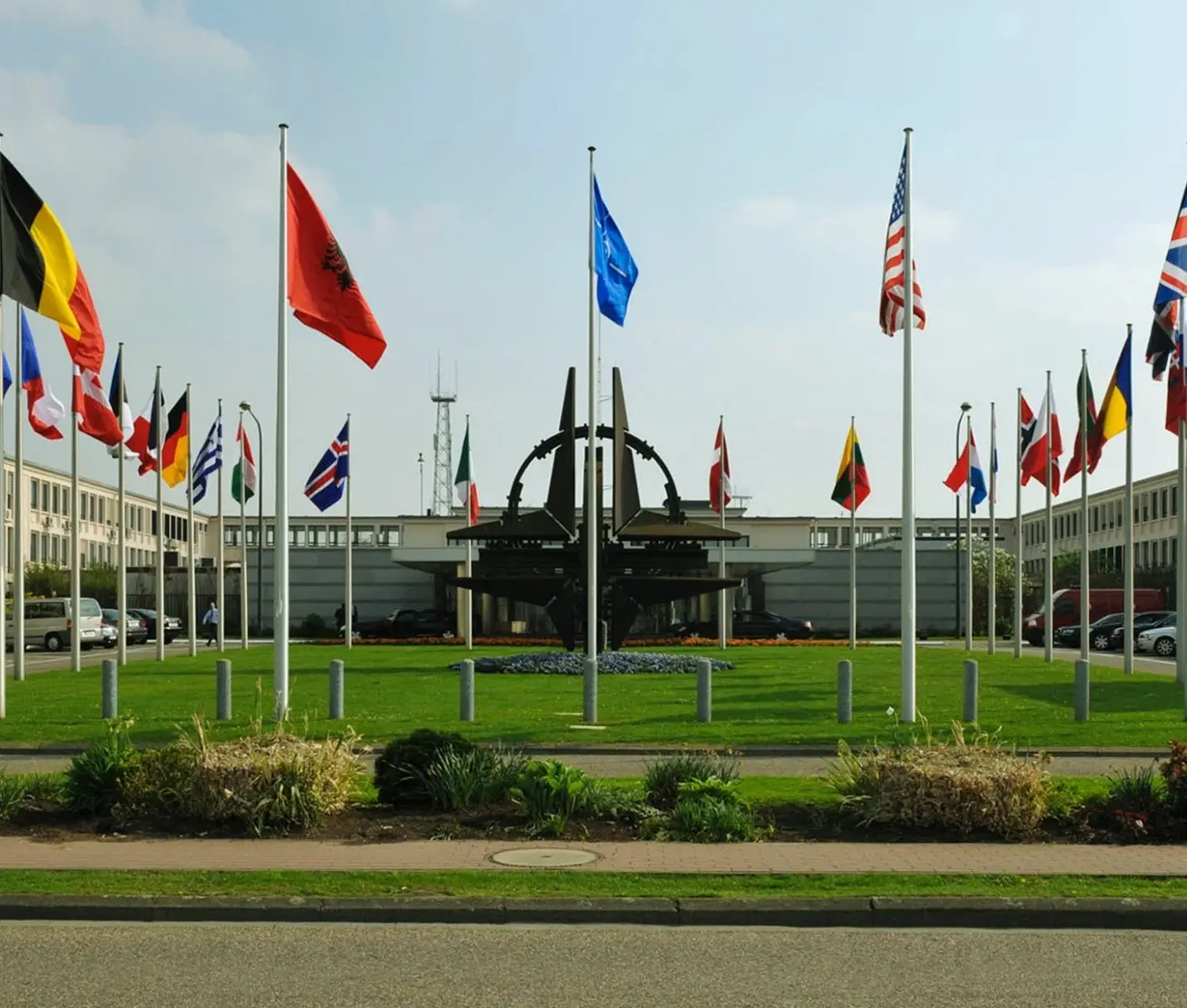On May 19, 2025, at the London summit, the UK and EU took a modest step toward collaboration, setting aside ten years of disputes since Brexit. Although these agreements have warmed up relations, Britain’s long-time struggle remains, the drive for trade agreements contrasts with the UK’s goal of political independence, as the expenses linked to leaving the single market keep increasing.
The Sanitary and Phytosanitary (SPS) Agreement, the main outcome of the summit, states that the UK no longer needs export health certificates and EU border clearance for its agri-food exports. As the UK-EU agri-food trade has lost £2.7 billion a year since 2018, the objective is to lessen the decline. Small firms particularly benefit from the elimination of up to £1,000 each shipment, which immediately boosts Wales’ devastated £450 million lamb industry following Brexit and Scotland’s £120 million seed potato economy. With the new agreement, British fresh sausages may now be marketed throughout the EU, generating £85 million in revenue each year. Nevertheless, the UK must now modify its food safety regulations to conform to EU standards. According to some analysts, this entails handing Brussels excessive authority. As a result, UK producers will be included by the EU’s 2027 ban on hormone-treated beef.
The Security and Defence Partnership (SDP), billed as the summit’s most significant achievement, provides BAE Systems and Rolls-Royce the opportunities to participate in the EU’s €150 billion SAFE program and the collaborative Closer cooperation is not included in the agreement, though, as the UK is not a member of the EU’s main mission supervision committee and France blocked work on weapon manufacture due to conflicts over their €12 billion defence sector. The UK is obliged to allocating 2% of its annual GDP to defence as a member of NATO but has no formal say in EU security strategy, the SDP does not contain measures to prevent NATO-EU overlap.
At the summit, the most pressing concern proved to be fishing, as EU vessels received the right to continue fishing in UK waters for another 12 years. The EU committed to progressively lowering its fishing quota in UK waters by 25% by 2026 as part of the 2020 post-Brexit agreement. Britain may decide to outright forbid EU ships from fishing in British seas in 2026. The agreement, which was made public on Monday, keeps the 25% quota decrease while allowing EU ships to travel through British seas till 2038. A 360 million-pound (about $481 million) fund was also established by Starmer’s administration to support coastal villages. Starmer’s office said the monies will go “towards new technology and equipment to modernise the fleet, training to help upskill the workforce, and funding to help revitalise coastal communities, support tourism, and boost seafood exports.”
Energy agreements have produced mixed results. Integrating these systems can stabilize carbon prices, which have fluctuated between €45 and €95 per tonne since 2021. Additionally, UK exports are no longer at danger of incurring additional €800 million in EU carbon border taxes annually by 2030. However, due to alignment, the UK must abide by EU climate regulations, which would conflict with the UK’s own, more gradual strategy to phase out the use of gas boilers. Although the UK might save up to £1.5 billion annually by joining the EU’s Internal Energy Market, most of the nation’s 12GW of renewable energy is wasted due to a delay in connecting wind farms like Dogger Bank to EU networks.
The youth mobility program offers the possibility for up to 25,000 British citizens under 30 to work or study in the EU each year, with a comparable number of Europeans also utilizing this program. Even if it assists in cultural mending, it is far less than Erasmus+, which in 2019 helped five times as many UK citizens. According to the regulations, low-income applicants cannot get housing assistance for more than two years. Nigel Farage, the former leader of Reform UK, is interpreting this program as a “migration loophole,” even though the Home Office claims that just 5,000 individuals will visit the UK annually. As Starmer sees it, the agreement is necessary given the results, 58% of young voters want closer EU connections, while 63% of Red Wall voters are still opposed to freedom of movement.
According to economic analysts, the summit will boost the UK’s GDP by around £9 billion by 2040, with more efficient manufacturing and agri-food commerce accounting for roughly 0.3% of this growth. In actuality, the UK economy’s largest sector services has received little attention. London’s cultural industry has lost £500 million in income since 2021 due to visa issues for artists, while the City of London’s absence of EU financial passporting results in billions of euros in regulatory expenses annually. The restoration of tariff-free quotas for 150,000 tonnes of exports provided some respite for the steel industry, but energy prices and EU carbon levies have mostly caused a 35% reduction in UK output.
Saba Kiran is an independent researcher with an MS in Aerospace and Strategic Studies from Air University, Islamabad. Her work focuses on national security, strategic stability, and ethno-political conflict analysis, with a strong foundation in political science.





